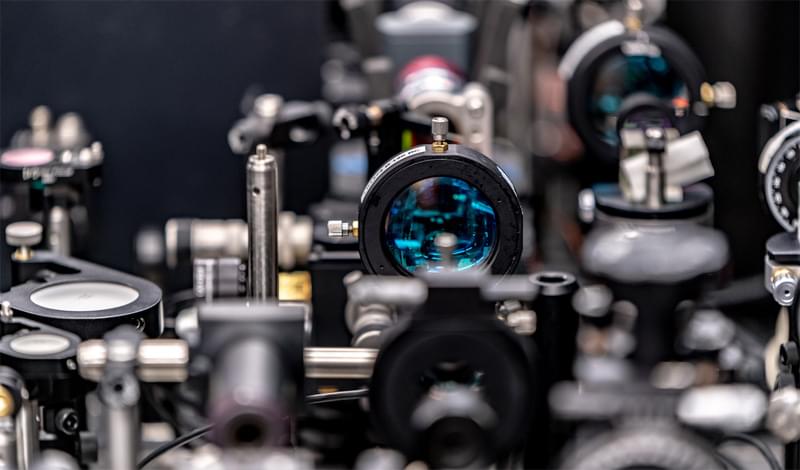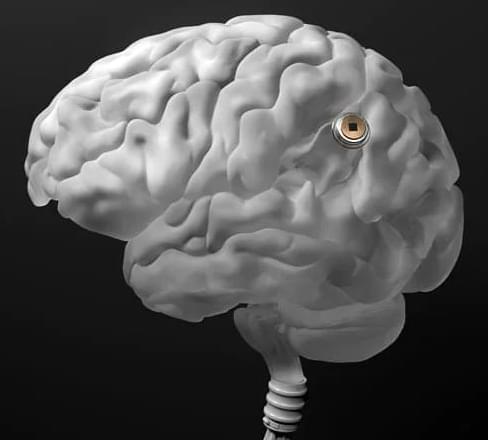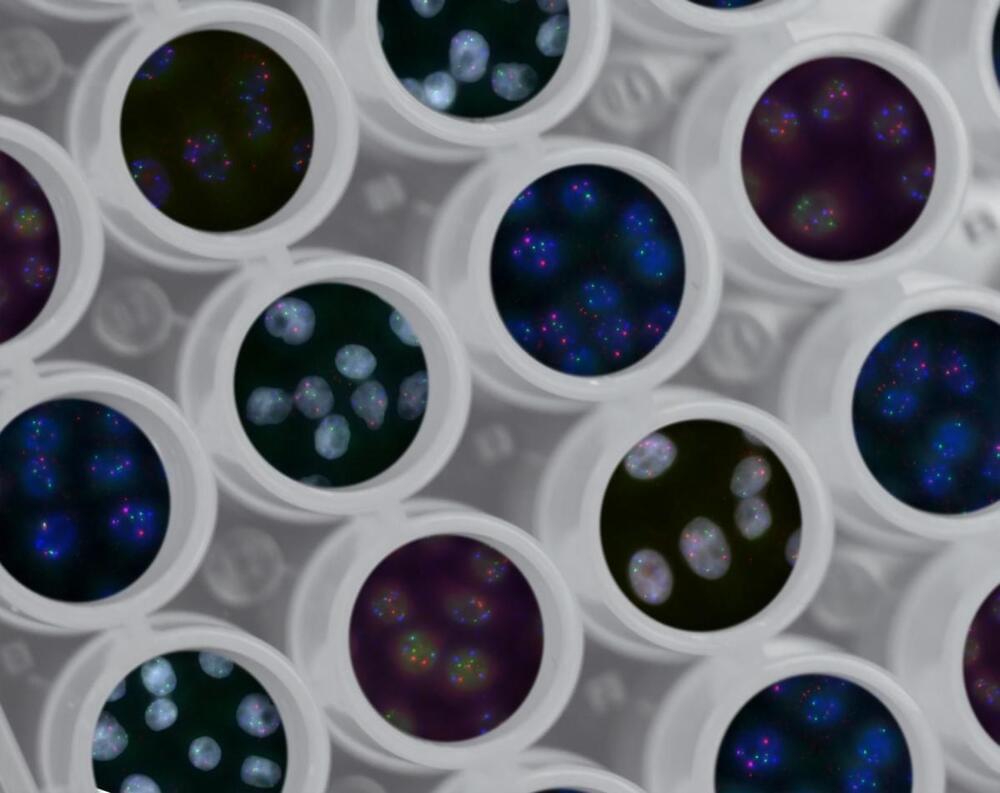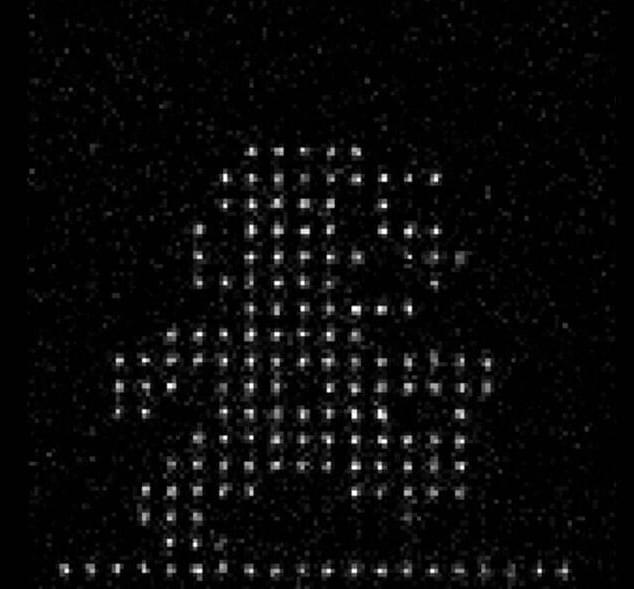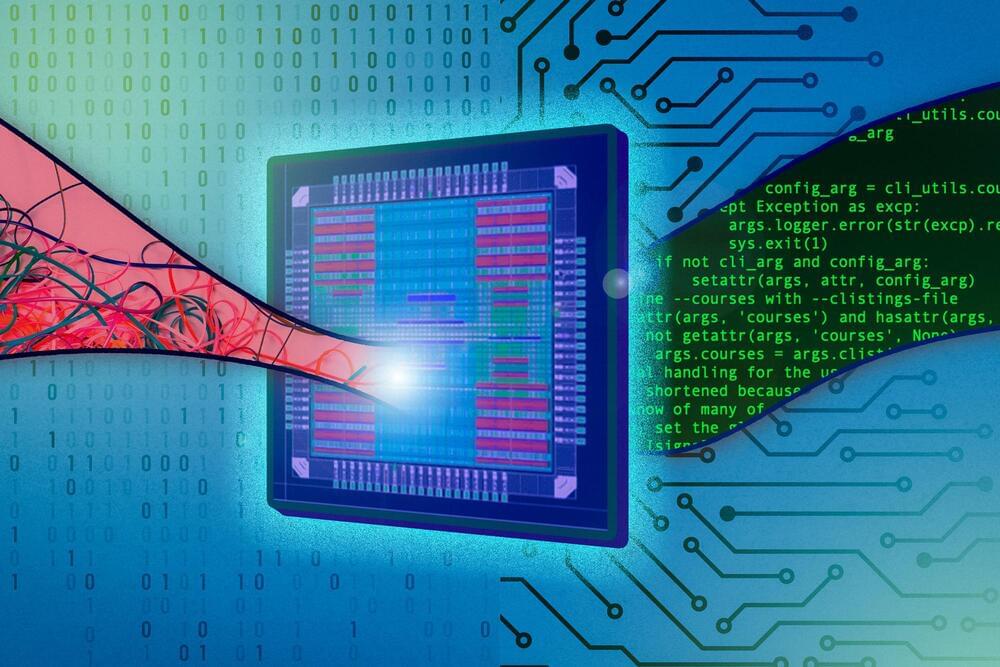Researchers at MIT have developed a way of quickly changing the magnetic polarity of a ferrimagnet 180 degrees, using just a small applied voltage. According to the researchers, the discovery could herald a new era of ferrimagnetic logic and data storage systems.
The findings were published in the journal Nature Nanotechnology in a paper co-authored by postdoctoral researcher Mantao Huang, MIT professor of materials science and technology Geoffrey Beach, and professor of nuclear science and technology Bilge Yildiz, as well as 15 other researchers from MIT and other institutions in Minnesota, Germany, Spain, and Korea.
The majority of magnets we come across are of “ferromagnetic” materials. The atoms in these materials are oriented in the same direction with their north-south magnet axes; thus, their combined strength is strong enough to create attraction. As a result, these materials are often used in the modern high-tech environment.



